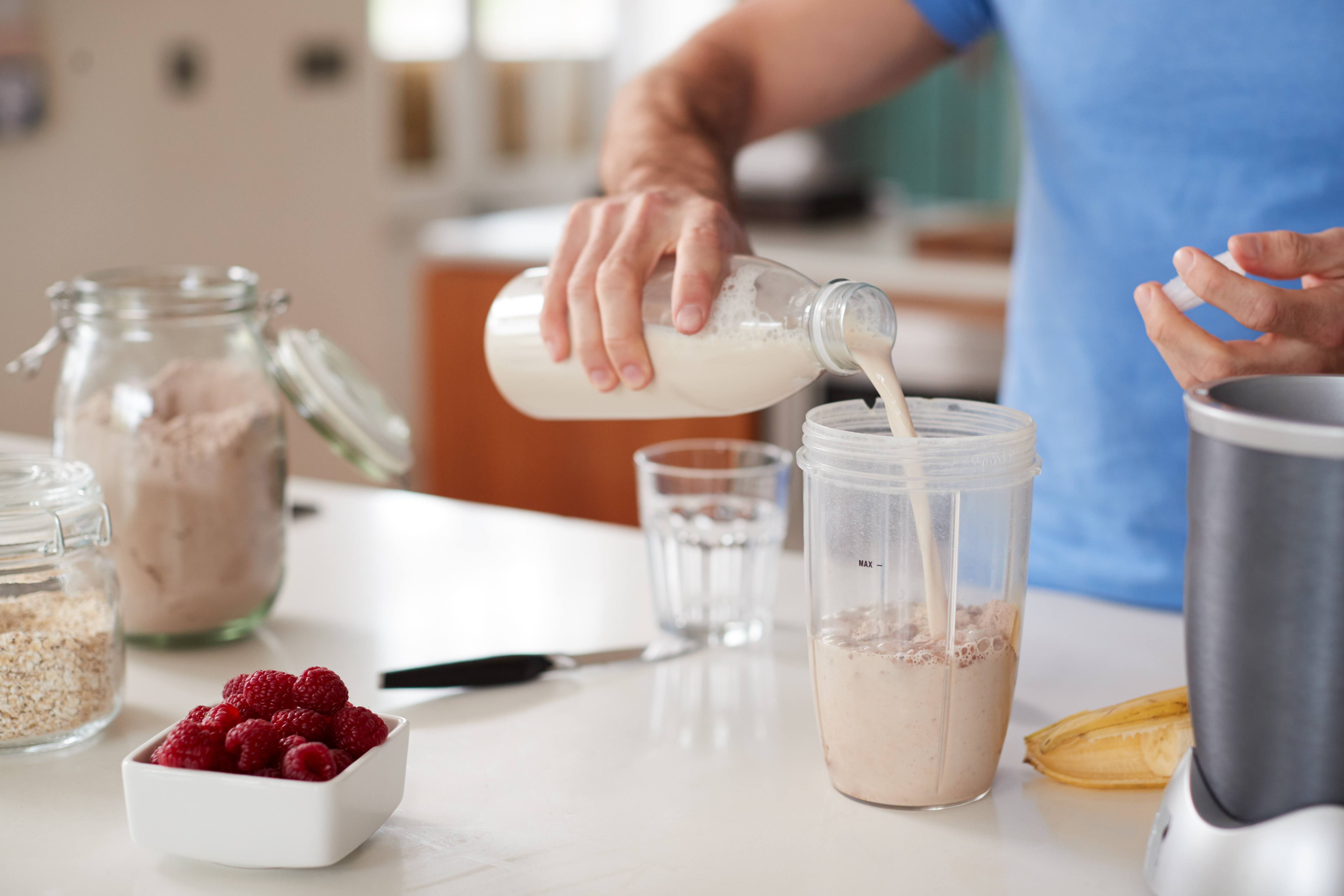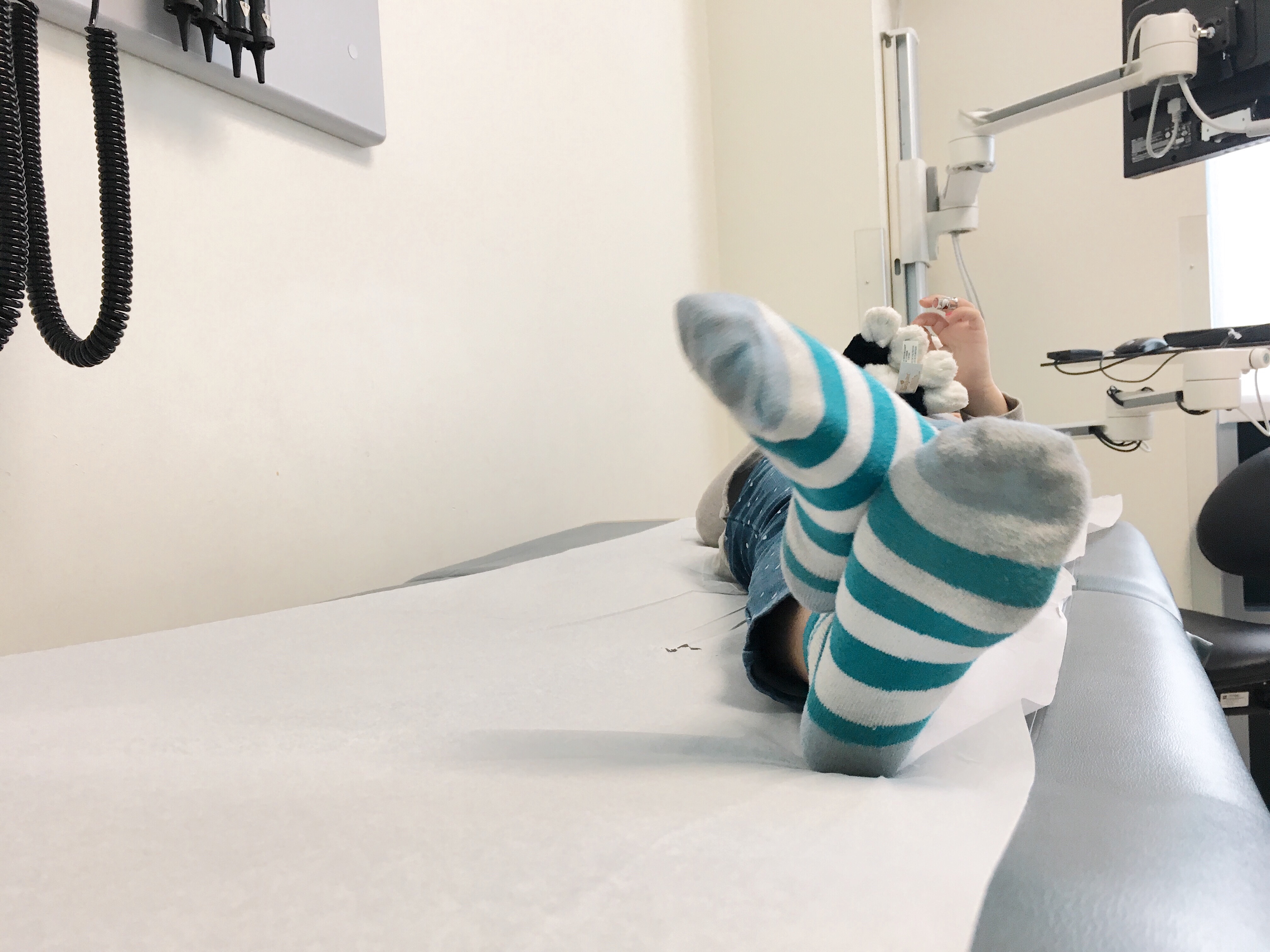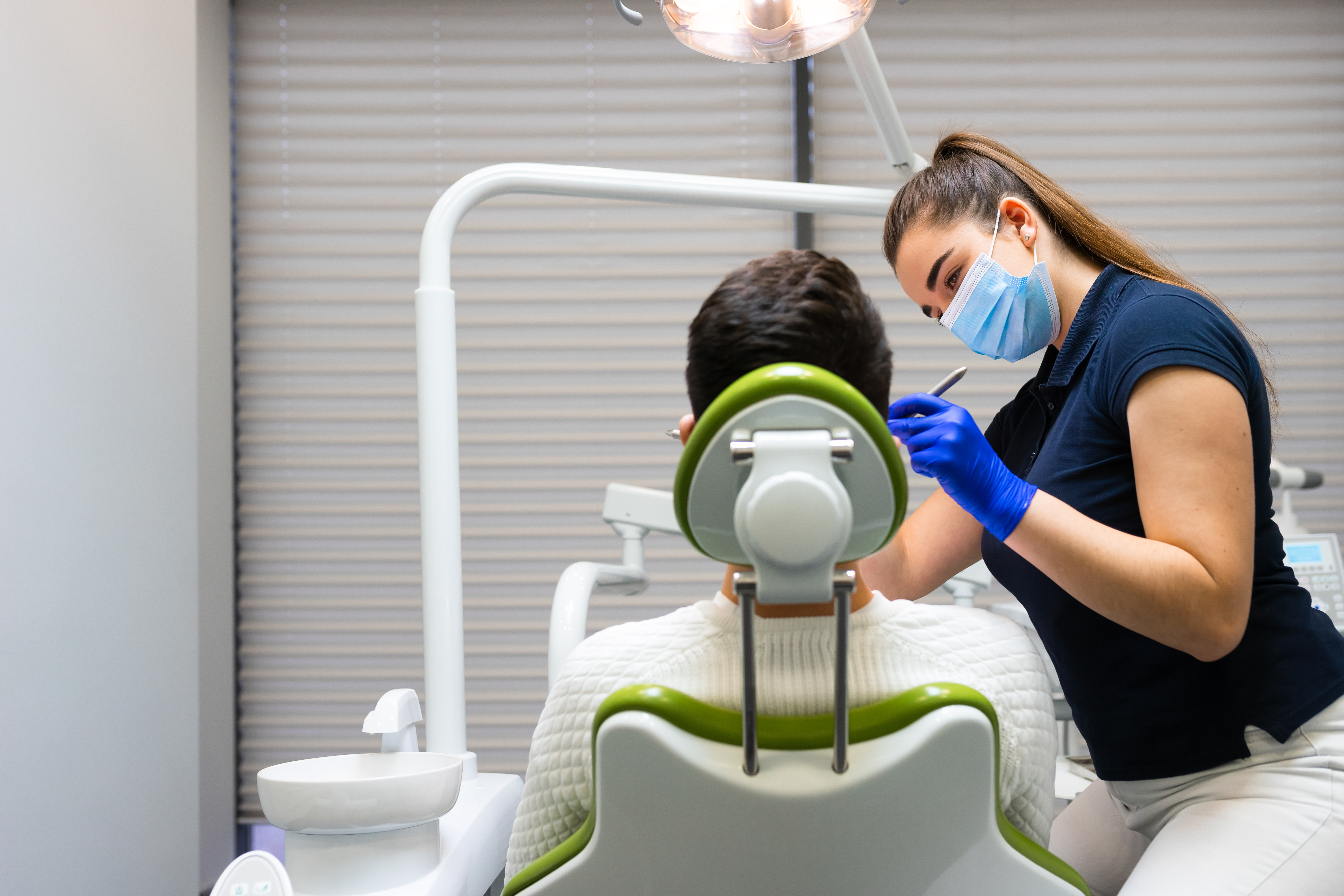12 Common Habits That Are Secretly Damaging Your Kidneys
Our kidneys are often overlooked, yet they are vital organs that perform crucial functions such as filtering waste, balancing body fluids, and maintaining overall homeostasis. Despite their importance, many of us unknowingly engage in daily habits that can gradually impair kidney function. These silent saboteurs, masked as innocuous routines, can lead to long-term health consequences if left unchecked. This article will delve into the everyday habits that stealthily harm your kidneys and explore one common myth that deserves reconsideration. By understanding these hidden threats, we can take proactive steps to protect these essential organs and enhance our overall well-being.
1. Overuse of Painkillers

Non-prescription painkillers, particularly non-steroidal anti-inflammatory drugs (NSAIDs) like ibuprofen and aspirin, are commonly used for quick relief from aches and pains. However, frequent and prolonged use of these medications can cause kidney damage by reducing blood flow to the kidneys and impairing their function. This risk is especially pronounced in individuals with pre-existing kidney conditions or those who are dehydrated. It’s crucial to follow recommended dosages and consult healthcare professionals before using these drugs regularly, ensuring that pain management does not come at the cost of kidney health.
2. Excessive Salt Intake

Salt is a staple in many diets, enhancing flavor and preserving food. However, excessive consumption can lead to high blood pressure, a significant risk factor for kidney disease. High sodium levels force the kidneys to work harder to excrete the excess, straining these vital organs over time. Reducing salt intake by cooking with herbs and spices, reading food labels, and choosing fresh over processed foods can help protect your kidneys. By making mindful dietary choices, you can maintain healthy blood pressure levels and support your kidneys in their essential functions.
3. Inadequate Hydration

Water is essential for kidney health, aiding in the removal of toxins and waste from the bloodstream. Inadequate hydration can lead to concentrated urine, increasing the risk of kidney stones and infections. Chronic dehydration can also impair kidney function, leading to long-term damage. To promote optimal kidney health, it is recommended to drink sufficient water daily, adjusting intake based on activity levels, climate, and individual health needs. Staying well-hydrated ensures that your kidneys can effectively perform their critical roles in maintaining body balance.
4. High Sugar Consumption

A diet high in sugar can contribute to obesity, diabetes, and high blood pressure, all of which are risk factors for kidney disease. Sugary drinks, snacks, and desserts can lead to insulin resistance and inflammation, further straining the kidneys. By reducing sugar intake and opting for natural sweeteners or whole fruits, you can mitigate these risks. Emphasizing a balanced diet rich in whole foods not only supports kidney health but also promotes overall wellness, reducing the likelihood of developing conditions that can compromise kidney function.
5. Smoking

Smoking has far-reaching effects on health, including a direct impact on kidney function. The toxins in cigarettes can damage blood vessels, reducing blood flow to the kidneys and impairing their ability to filter waste. Smoking also exacerbates conditions like high blood pressure and diabetes, further increasing the risk of kidney disease. Quitting smoking can significantly improve kidney health and reduce the risk of developing chronic kidney conditions. Support from healthcare providers, cessation programs, and lifestyle changes can facilitate this transition, benefiting both kidney health and overall longevity.
6. Excessive Alcohol Consumption

While moderate alcohol consumption may not pose a significant risk, excessive drinking can lead to kidney damage. Alcohol is a diuretic, increasing urine production and potentially leading to dehydration. Chronic alcohol abuse can also cause liver damage, which indirectly affects kidney function. To protect your kidneys, it is advisable to limit alcohol intake and stay within recommended guidelines. For those struggling with alcohol dependence, seeking professional help can provide the necessary support to reduce consumption and safeguard kidney health.
7. Lack of Physical Activity

Sedentary lifestyles contribute to obesity, high blood pressure, and diabetes, all of which are detrimental to kidney health. Regular physical activity helps maintain a healthy weight, improves circulation, and reduces stress on the kidneys. Incorporating exercise into daily routines, whether through walking, cycling, or structured workouts, can enhance kidney function and overall health. By prioritizing physical activity, you not only support your kidneys but also improve cardiovascular health and reduce the risk of chronic diseases.
8. High Protein Diets

While protein is essential for muscle and tissue repair, excessive intake can strain the kidneys. High protein diets increase the production of waste products like urea, which the kidneys must filter out. Over time, this can lead to decreased kidney function, especially in individuals with pre-existing kidney issues. Balancing protein intake with other nutrients and consulting with healthcare providers can help manage dietary choices that support kidney health. Moderation and variety in your diet are key to maintaining healthy kidney function and preventing unnecessary strain.
9. Ignoring Medical Conditions

Conditions such as hypertension and diabetes are major contributors to kidney disease. Ignoring these conditions or failing to manage them effectively can lead to progressive kidney damage. Regular monitoring, medication adherence, and lifestyle modifications are critical in managing these conditions and protecting kidney health. By working closely with healthcare providers and staying informed about your health status, you can take proactive steps to prevent kidney damage and maintain overall health.
10. Sleep Deprivation

Adequate sleep is essential for the body's repair and maintenance processes, including those involving the kidneys. Chronic sleep deprivation can lead to increased stress and inflammation, negatively affecting kidney function. Establishing a regular sleep schedule, creating a restful environment, and addressing sleep disorders can improve sleep quality and support kidney health. Prioritizing sleep not only benefits your kidneys but also enhances cognitive function, mood, and overall well-being.
11. Overconsumption of Processed Foods

Processed foods are often high in sodium, preservatives, and unhealthy fats, all of which can harm kidney health. These foods can contribute to high blood pressure and obesity, increasing the risk of kidney disease. Opting for fresh, whole foods and preparing meals at home can reduce reliance on processed options and support kidney function. By making conscious food choices, you can protect your kidneys and promote a healthier lifestyle, reducing the risk of chronic health issues.
12. Overlooking Regular Health Check-Ups

Regular health check-ups are crucial for early detection and management of conditions that can affect kidney health. Blood pressure, blood sugar, and kidney function tests can identify potential issues before they become severe. By staying proactive with healthcare appointments and screenings, you can catch problems early and take steps to prevent kidney damage. Engaging with healthcare providers and staying informed about your health status empowers you to make decisions that support long-term kidney health.
13. Myth-Buster: The Role of Coffee

Coffee has long been debated in the context of kidney health, with some myths suggesting it can harm the kidneys. However, recent research indicates that moderate coffee consumption may actually have protective effects against kidney disease. The antioxidants in coffee can reduce inflammation and improve vascular health, potentially benefiting kidney function. It’s important to consume coffee in moderation and be mindful of added sugars and creams. Understanding the nuances of coffee consumption can help dispel myths and guide informed choices that support kidney health.
Empowering Kidney Health

Understanding the silent saboteurs that threaten kidney health empowers us to make informed lifestyle choices. By addressing these everyday habits, we can protect our kidneys and enhance our overall well-being. From moderating salt and sugar intake to prioritizing hydration and physical activity, each step we take contributes to healthier kidneys. Dispelling myths and staying informed through regular health check-ups further supports this journey. By valuing our kidneys and making conscious decisions, we pave the way for a healthier, more vibrant life.
